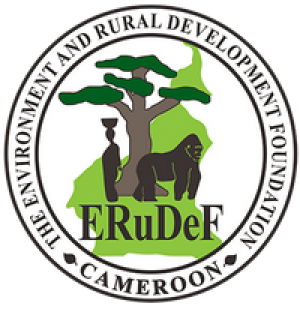[one_third] [/one_third]There is increasing concern in most developing countries about the lack of relevance and effectiveness of many conservation training courses. This plight has been largely blamed on poor and non-contextual curriculum development in biodiversity conservation; training programs lack relevance and effectiveness, which often result in unsustainable outcomes, hence poor conservation practices leading to further degradation of biodiversity.
[/one_third]There is increasing concern in most developing countries about the lack of relevance and effectiveness of many conservation training courses. This plight has been largely blamed on poor and non-contextual curriculum development in biodiversity conservation; training programs lack relevance and effectiveness, which often result in unsustainable outcomes, hence poor conservation practices leading to further degradation of biodiversity.
This less proficient training has given conservation of biodiversity a second-class status such that most young people hesitant to choose biodiversity conservation as their career preparation
There is thus a great and urgent need to develop a competence-based curriculum in biodiversity conservation and related fields to ensure that the trainees gain the best possible academic or vocational qualifications
Competence/participatory curriculum development is an emerging critical approach which builds students’ ability in participatory biodiversity conservation at community level ensuring success in education and training, biodiversity conservation and rural development
With some 125000Euro, field survey will be carried out to ascertain biodiversity conservation status and need in Southwest Cameroon, sort out thematic areas, develop key objectives and strategies to conserve biodiversity given their different states. Training programs will equally be developed with professional outlets in biodiversity conservation.
This will aid in the curriculum development tailored to meet regional biodiversity conservation needs, the availability of standardized biodiversity conservation training curriculum in Universities and Higher Institutions nationwide
This will go a long way boast deliver not only technical contents but also help trainees to learn how to cope with new challenges and prepare them for lifelong learning, and many more youngsters will take up careers in biodiversity conservation and related fields and the long term survival of species will be guaranteed
The ERuDeF Institute is a Non-profit professional and research management training institution dedicated to providing leading edge and holistic training in research and environmental management to future cream of sustainable development leaders has been intervening in this field of studies. Research that contributes to the sustainable development and management of the Cameroon’s biodiversity hotspots has been carried out in partnership with other national and international universities, conservation and development organizations. Abreast yourselves with information about ERuDeF and ERuDeF Institute at www.erudef.org and www.erudefinstitute.org.
